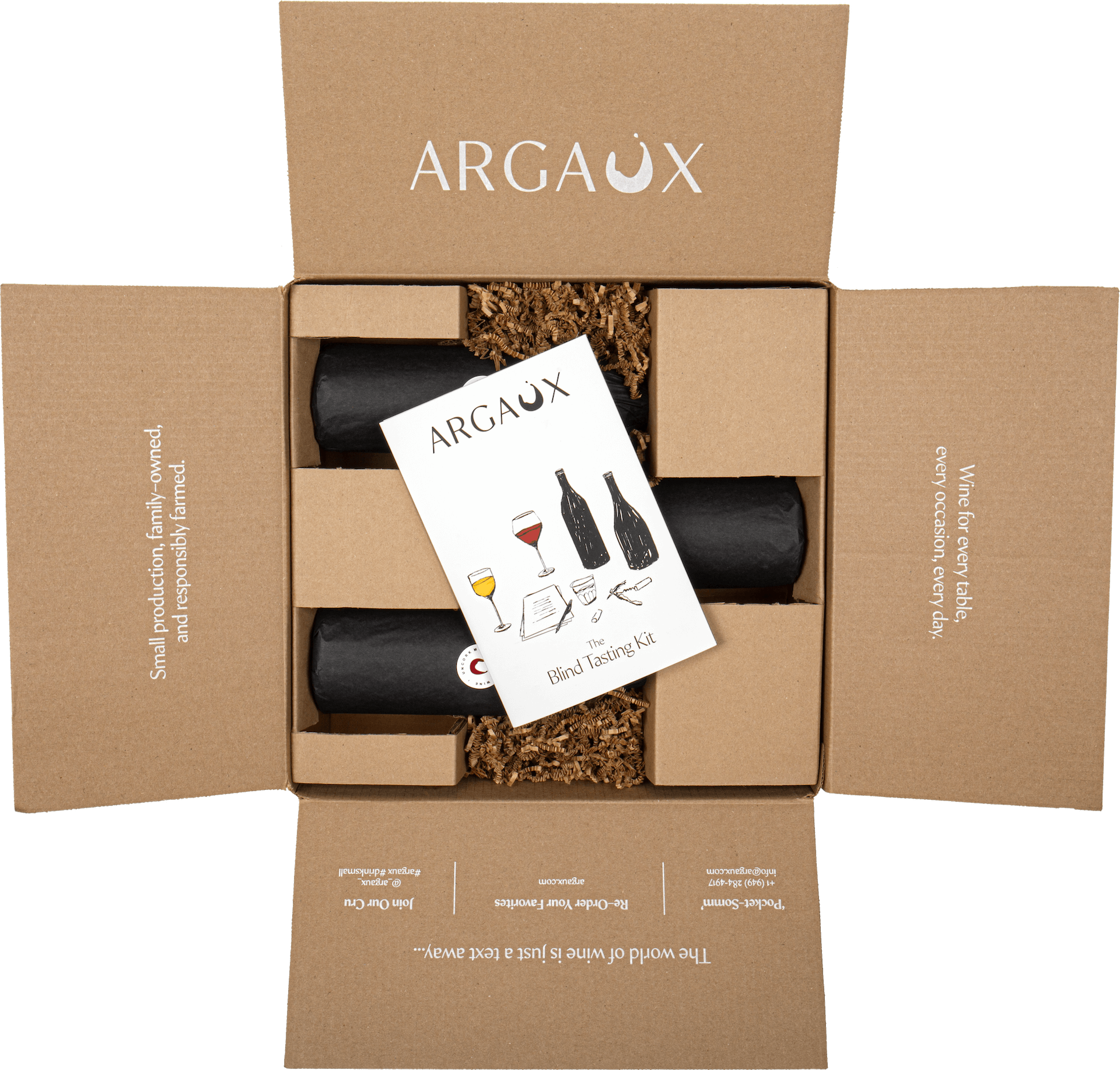2007 AR. PE. PE. Grumello ‘Buon Consiglio’ Valtellina Superiore MAGNUM
These wines from ARPEPE are among the most impressive I tasted. From top to bottom, the wines are deserving of serious attention. The super-traditional style will leave lovers of translucent Nebbiolo weak at the knees…
Drink from 2020–2027 & decant 30 minutes to 1 hour before consuming.
“These wines from ARPEPE (an abbreviation of founder Arturo Pelizzatti Perego’s initials) are among the most impressive I tasted… From top to bottom, the wines are deserving of serious attention. The super-traditional style will leave lovers of translucent Nebbiolo weak at the knees… Perhaps most importantly, ARPEPE shows just how pedigreed the wines of Valtellina can be.”—Antonio Galloni, Vinous
Tucked in between the Orobic and Retic Alps just south of the Italian-Swiss border, you’ll find the terraced vineyards of ARPEPE. At the helm of this storied estate, located in the Grumello subzone of Valtellina in Lombardy, is the fifth generation of the Pelizzatti Perego family. The roots of this blue-chip estate go back to the 1860s, when the current generation’s great-great-grandfather Giovanni founded a successful winery in the area, then known only as “Pelizzatti.” Over 150 years of history have passed since then, including the dark days of the 1970s during which the current generation’s grandfather fell ill, and the family was forced to sell the Pelizzatti brand along with some of their vineyards. The more recent history of the estate is an almost deus-ex-machina turn of events: the family re-founded their company under the ARPEPE label in 1984, got back many of their proprietary vineyards from renters, and were able to reclaim their cellar in Grumello. Today, ARPEPE is widely recognized as the single best producer in the appellation (as well as a benchmark producer of Nebbiolo in general).
Related Items
-
2023 Hundred Suns ‘Old Eight Cut’ Willamette Valley Pinot Noir
$40.00The Old Eight Cut refers to a diamond cut dating back to the 1400s using simple tools and few cuts to enhance the natural brilliance of the stone without disguising its true nature.
The first sip shows a center point of sweetness that is buttressed by dark red fruit, ripe tannins and a hint of nori that give the wine a serious edge. With air and time, the sappy spicy notes that come from partial whole cluster fermentation resonate on the finish, making this wine one with incredible depth that will drink well now and over the next 10 years.
Sustainable farming practices, dry-farmed, native yeast and partial whole cluster fermentation
-
2022 Chateau du Cèdre Cahors AOC Malbec
$35.00When you see Malbec, you probably think Argentina. However, the Malbec grape is actually native to Cahors and the French expression of this grape is deep, earthy and structured. It’s a total 180 from the common, fruit bomb Malbecs that line the shelves today. Next time you make a burger, pop this guy instead of your typical Cab.
Certified organic farming practices, hand-harvested, aged for 20-22 months in new oak and bottled unfined and unfiltered.
-
Select options This product has multiple variants. The options may be chosen on the product page$65.00 – $150.00
“Bring the experience of a blind wine tasting into your very own home with Argaux’s blind tasting kit. Experience new wines and follow along with their how-to guide so you can get the full blind tasting experience.
Try this out for your next at-home date night, or virtually gather with friends on video conference and enjoy a virtual tasting! Argaux even provides an option so you can send kits to multiple addresses, making it a piece of cake to enjoy with friends around the world.” – Sarah Boyd, Forbes
-
2021 Cavallotto Dolcetto d’Alba ‘Vigna Scot’
$33.00A charming and approachable red from Piedmont, this Dolcetto offers soft tannins and a vibrant balance—an ideal introduction to Italian wine. Medium-structured, it reveals classic notes of blackberry and cherry, with an aromatic floral bouquet and subtle earthy complexity. Enjoy it now or over the next five years with everything from pizza and pasta to prosciutto, tartare, and aged cheeses.
Organic farming practices, native yeast fermentation, aged for 6 months in large Slavonian oak and only 677 cases produced.







